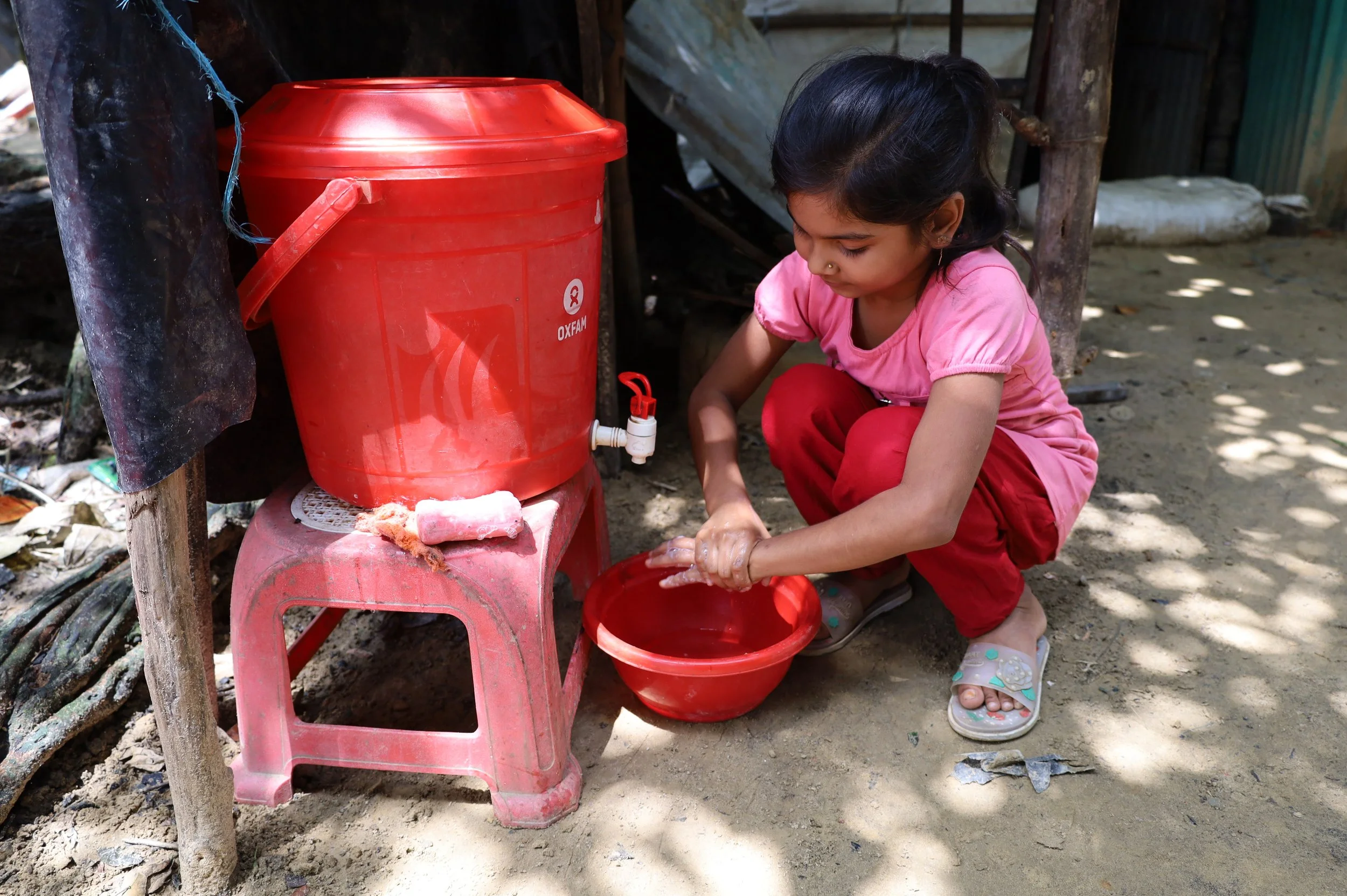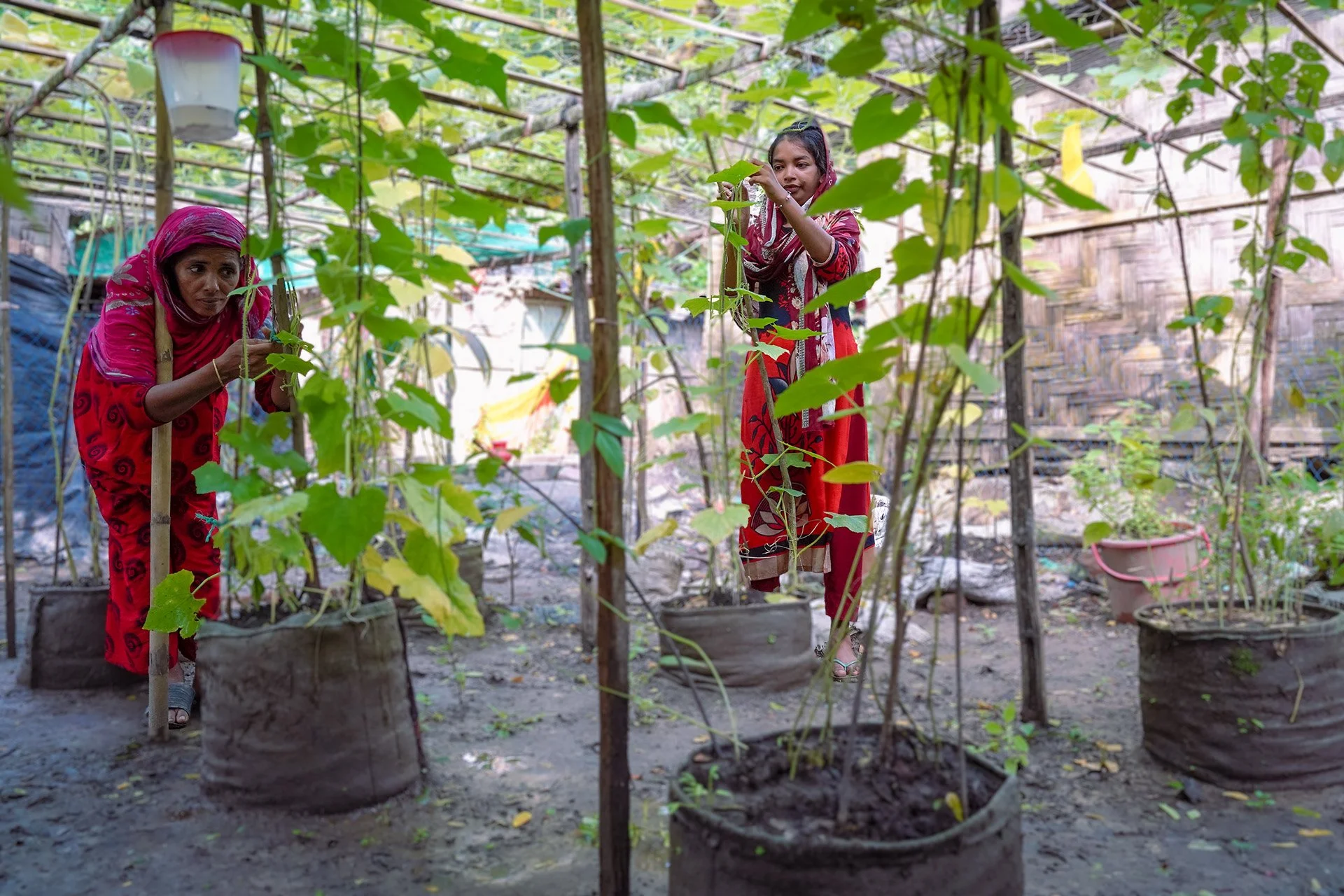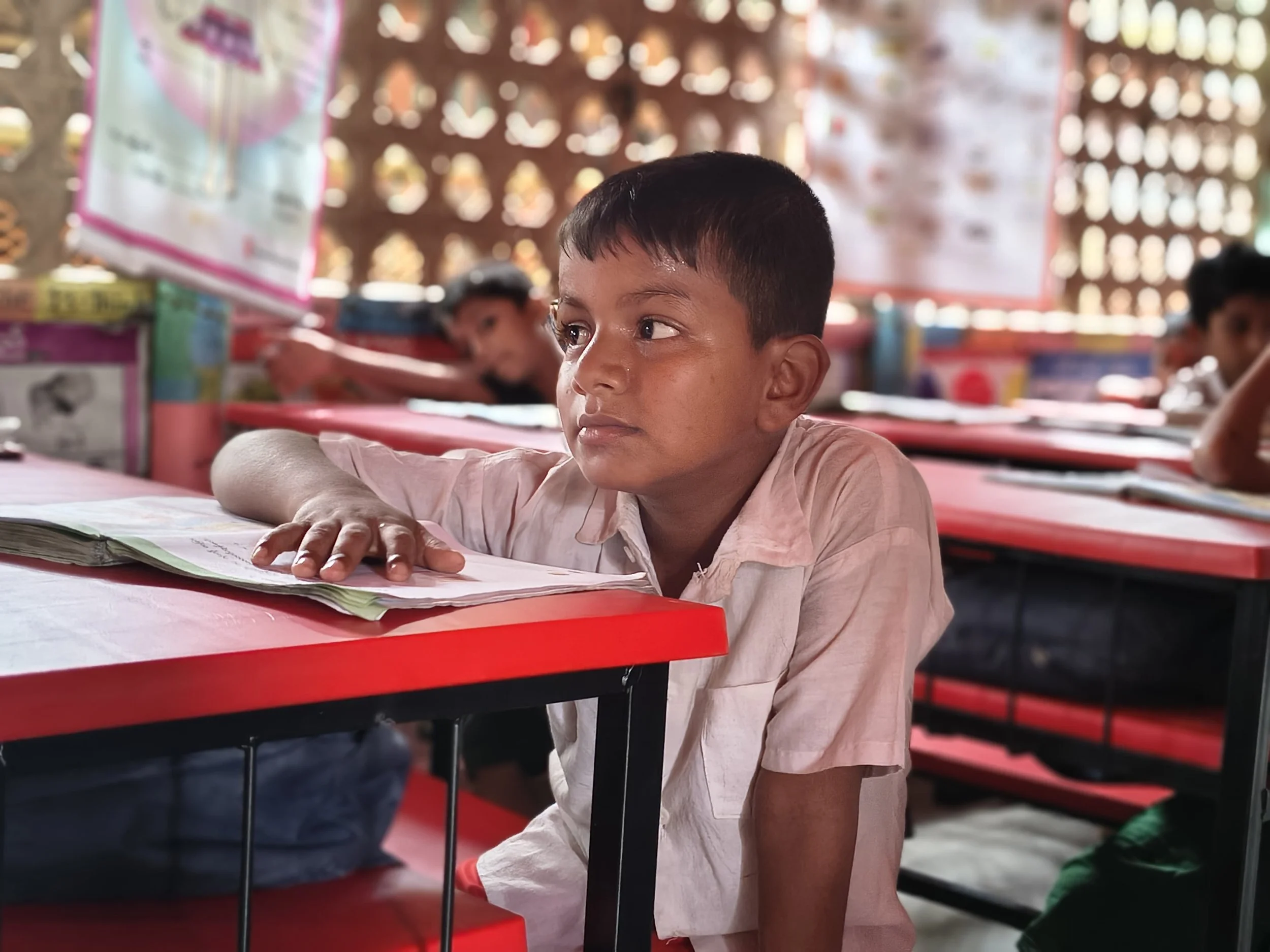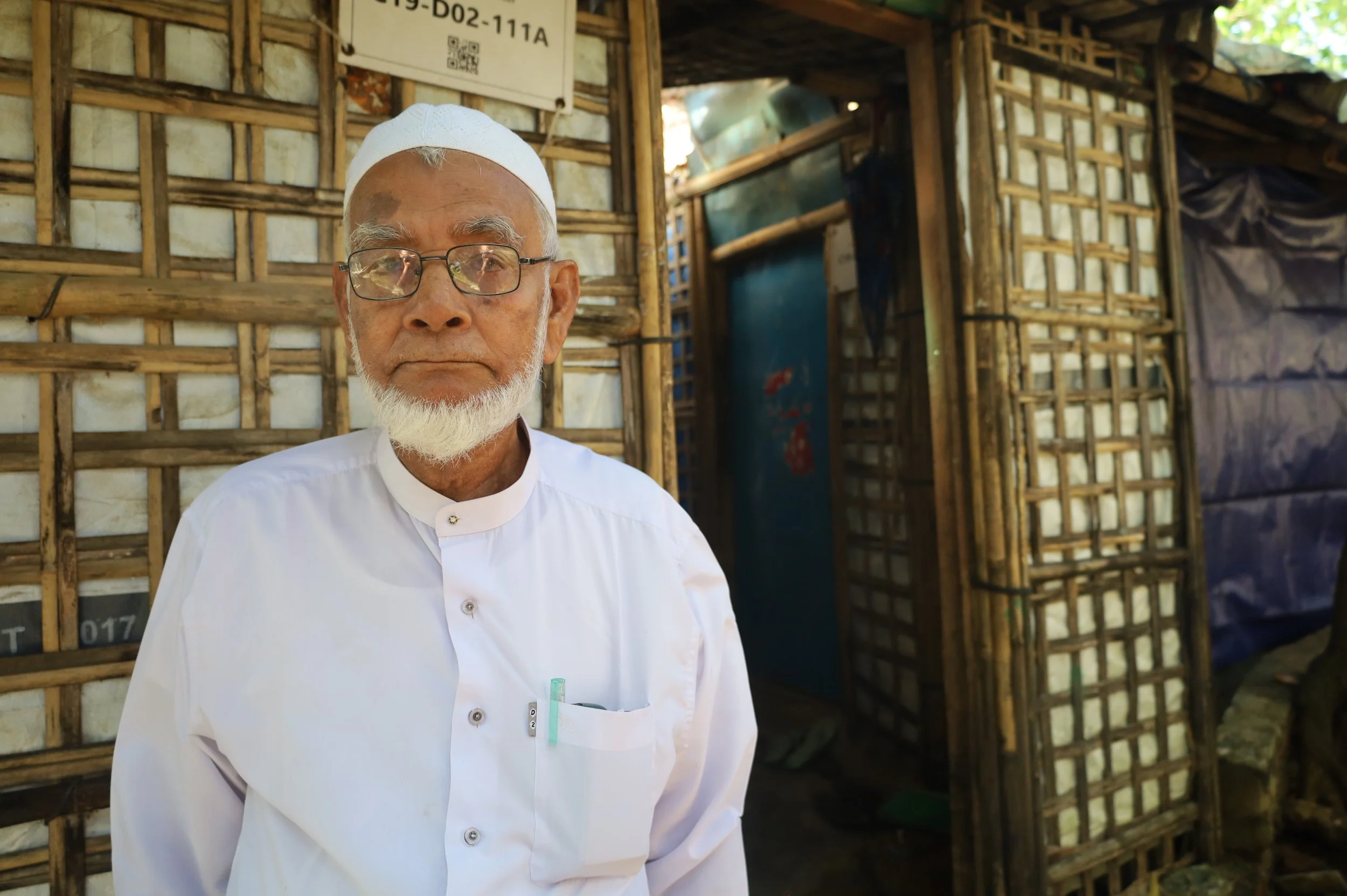Rohingya Crisis — Bangladesh — Phase IV
Above: Members of a Girl Shine group create handicrafts at a Women and Girls Safe Space in a Rohingya camp, Cox’s Bazar. The sessions were organized by CARE through the AHP Phase III response. Photo: AHP Bangladesh CMU
More than five years after fleeing violence and persecution in Myanmar through a mass exodus to Bangladesh, nearly a million Rohingya refugees, almost half of them children, continue to live in difficult conditions in Cox’s Bazar. Most are entirely dependent on humanitarian aid to meet their basic survival needs. Host communities have also been significantly impacted.
AHP partners have been responding to the Rohingya refugee crisis since 2017, working in both camps and host communities. The AHP is now in its fourth phase of response to the crisis, supported by the Australian Government.
The AHP Phase IV response
In May 2023, the Australian Government committed AU$16 million to support a fourth phase of response in Cox’s Bazar, Bangladesh, by AHP partners. This phase will run from July 2023 to December 2025.
Two AHP consortia are responding.
Under the lead of CARE Australia, Plan International, Oxfam Australia and four local NGOs [Friends in Village Development Bangladesh (FIVDB), Mukti Cox’s Bazar, Dushtha Shasthya Kendra (DSK) and NGO Forum] will deliver a protection-centred response, working across a range of sectors including education, WASH, disaster risk reduction and livelihoods.
Activities will include inclusive early childhood education; foundational literacy and numeracy for adolescents, with a particular focus on encouraging the participation of women and girls; inclusive, accessible WASH facilities; supporting community-based child protection mechanisms; Women and Girls’ Safe Spaces; gender-based violence services; women’s leadership and skills development, among other initiatives.
Save the Children Australia will lead four local partners [Young Power in Social Action (YPSA), Partners in Health and Development (PHD), Centre for Disability in Development (CDD) and Bandhu Social Welfare Society (Bandhu)] to respond on health, education, child protection and disaster risk reduction.
Activities will include inclusive healthcare and nutrition services, including maternal and child health, sexual reproductive health, mental health, ambulance services, vaccinations and rehabilitation services; establishing peer support groups for adolescents, women and girls, people with a disability and those with diverse sexual orientation or gender identity; case management and psychosocial support for at-risk children; improving child protection and gender-based violence systems and response; establishing and renovating safe learning facilities; and providing inclusive early childhood education.
Both consortia will work across a mix of camps and host communities, and all activities will prioritise the needs of vulnerable groups such as women and girls, children and people with disabilities.




















